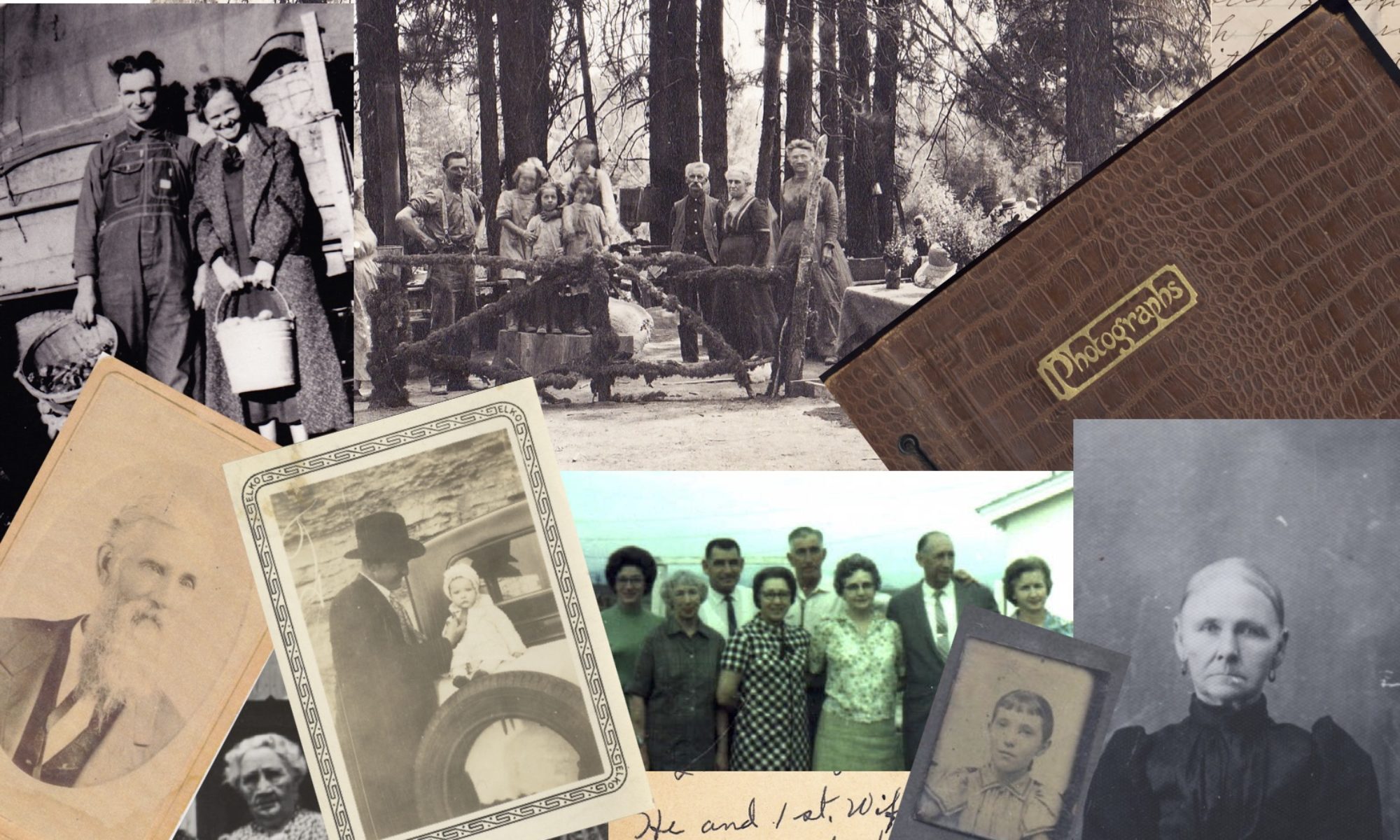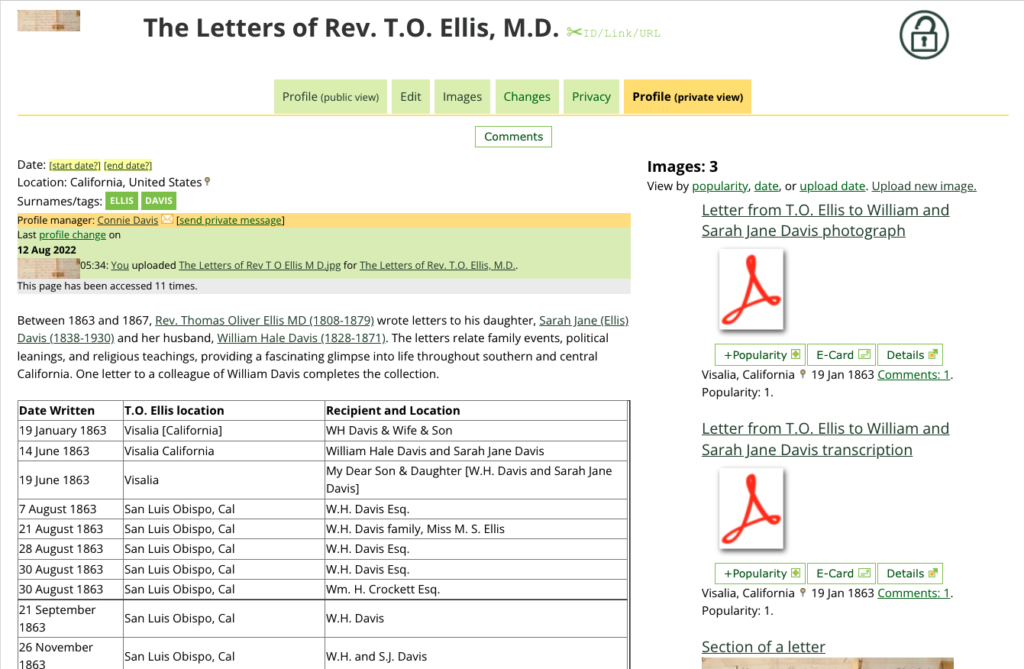It’s that time of year when people look back to reflect and look forward to wonder. I began the year 2022 with an internal pledge to blog regularly. I set up an every-other-week reminder within my task-management software, Omnifocus for Mac (based on Getting Things Done by David Allen). I exceeded my goal and published 33 blogs here in 2022. I focused on the things I care about:
- History and Identity
- Impacts
- Genetic Genealogy
- Documentary Research
- My Family History
In my first post of 2022 I wrote:
I study family history because it forms the foundation of who I am and how I think and act. An understanding of where I come from gives me strength and gives me pause. I have discovered inspiring stories and tragic ones. I have marvelled at the steps my ancestors took (literally) that led to my presence and wondered at their inhumanity. Curiosity and the quest for meaning shape my journey. And sometimes that meaning requires action. The action can be reporting on what I’ve discovered or taking steps to address historical wrongs.
The blog that most clearly captures that theme is this one from February. I expect to continue uncovering and facing my family’s past and sharing it here and on WikiTree.
Throughout the year, there are blog posts telling about new tools, reminders about tried-and-true research approaches, and touching stories encountered during research.
In September I embarked on several journeys. One I wrote about here. I volunteered as a peer group leader for Family Locket’s Research Like a Pro Study Group. Genealogy is good for your brain (another theme of my first blog entry of 2022), and one way I do that is through continuing education. As a peer group leader, I read many other people’s research as well as working on my own. And as is more common than not, it will take several phases of research until I consider the project “done.” (Done in a genealogical sense, meaning that new evidence could lead to a reassessment and new conclusions.)
Another journey took me on a new path. I was invited to join the team at Your DNA Guide. This launched an intense period of getting to know all the amazing offerings at Your DNA Guide and figuring out how I could support the mission: “Strengthening personal identity so people can connect to their families and communities.” I’ve contributed a couple of blog entries (you can find those here and here.) I’ve started coaching students in Your DNA Guide courses. And I’ve taken on project management for the Academy courses. It’s an exciting time in a growing company whose mission I care deeply about.
A third journey is one of friendship. A genealogy joy of 2022 is an ongoing relationship with two genetic genealogy buddies. We have plans. We have dreams. And we have real lives. Some of our plans may come to be, who knows?
So what does all this mean for 2023? I think I’m going to pause that reminder on blogging. I want to write when I feel moved to write. One recent blog was inspired by a new client who is enthusiastic about learning genealogy to face their own family’s history. I continue to be drawn to and repelled by my family’s contribution to colonization and slavery. I expect to continue to share what I learn about that here and on WikiTree. And when new and exciting things come around, I might be inspired to write. But as a task, I don’t think blogging serves me well.
Thanks for being here. And doing what feeds your soul.

